As you’re surely aware, reactions to Elon Musk’s Twitter bid have been blazing.
And in the realm of academia, there’s been no shortage of flames.
The College Fix has curated instructor response as featured in various news outlets.
In a CNN op-ed, Hofstra University Professor Kara Alaimo claimed the effect of allowing more speech would be less speech.
Her headline inquired, “Who Will Be the First to Abandon Elon Musk’s Twitter?”
The way she figures it, open expression “may be the death knell for the social media platform.”
But there’s an upside:
[I]t could also motivate the creation of other social networks that are safer, healthier places for us all.
How might alternative platforms be safer? If you’re the “misogyny and hate” type, such wasn’t made clear.
But she has in mind which users will be first to escape:
[T]he first people to flee are likely to be those who are on the receiving end of the worst of it: women and people of color. … According to the United Nations, at least three quarters of the victims of online hate in many countries are members of minority groups.
Disaster awaits:
[I] predict that allowing harmful forms of “free speech” — like misogyny and hate — on Twitter will actually have the effect of silencing many people and will be disastrous for the social network. That’s because thoughtful users aren’t going to voluntarily keep using a platform on which they’re bombarded with abuse.
Gawker founding editor — and NYU Adjunct Professor — Elizabeth Spiers is deeply concerned. She made that clear via her New York Times article “Making Twitter More of a Cesspool Makes No Business Sense.” Similar to Kara, she pointed out that online matters of menace aren’t “uncommon experiences for women and minorities who speak in public.”
Of course, getting rid of policies that restrict hate speech will likely affect women and minorities much more than it does white men like Mr. Musk, and unlike him, most people on the receiving end of threats and harassment can’t afford personal security. Twitter’s rules already allow for a broad range of abuse, much of which falls into a kind of gray area between personal insult and harassment.
Elizabeth bemoaned a move to allow free speech; then she appeared to assert free speech is already allowed:
What exactly does he believe can’t be said on the platform right now? It certainly doesn’t take long to find discredited race science, arguments that women are intellectually inferior, antisemitism, defenses of white supremacism and transphobic comments that remain on the platform even under current policy.
Still, she suspects she knows what extra level of liberty Elon’s eyeing:
It is easy to assume that the banned speech that Mr. Musk is standing up for is worse even than that. As the comedian Michael Che put it on Saturday Night Live, the $44 billion deal shows “how badly white guys want to use the N-word.”
Bottom line:
If Mr. Musk allows Twitter to become a cesspool of hate speech and disinformation, he’ll test the risk adversity of the platform’s advertisers, and it’s likely that he’ll find himself with fewer brands that are willing to take the risk of appearing in people’s polluted feeds.
In The Guardian, Vanderbilt University Law Professor Rebecca Allensworth called Elon’s buy “troubling.”
Syracuse University’s Kyla Garrett-Wagner decried future Twitter as “the proverbial Wild West” that “doesn’t represent minority voices.”
The College Fix offers more of the same: In the forms of fear and warning, academics are protesting an idea. That idea is free speech, and that idea was once called “America.”
We’ve somehow shifted so culturally far, the mere concept for which our forefathers fought is now portrayed as an evil element.
Our sense of virtue has been wholly inverted.
The notion of Americans protesting free speech might’ve been inconceivable mere decades ago. But the past week’s outcry isn’t a product of sudden change. Our national perspective has been transformed at the root and grown. A generation has been conditioned to fear freedom and grasp desperately at its opposite.
And in an arena which once existed to birth enlightenment — by way of research and debate — open dialogue is now replaced by ideological conformity. Or, at least, “safety” from words.
Words — those things which, not long ago, could “never hurt” you.
As is evidenced by many headlines over the past few years, higher education is no longer home to the free expression of ideas. And some leaders in that realm wish the same for the public square.
Can free speech be ugly? Without a doubt. But to people who fled tyranny long ago, there were uglier things still. Like the inability to exercise it.
-ALEX
See more content from me:
Top College — and Former Female Seminary — Tells Science Professors to Never Say ‘Woman’ or ‘Female’
Democrat Legislators Want Children Taught Sex, Specifically ‘Pleasure-Based Sexual Relations’
Find all my RedState work here.
Thank you for reading! Please sound off in the Comments section below.
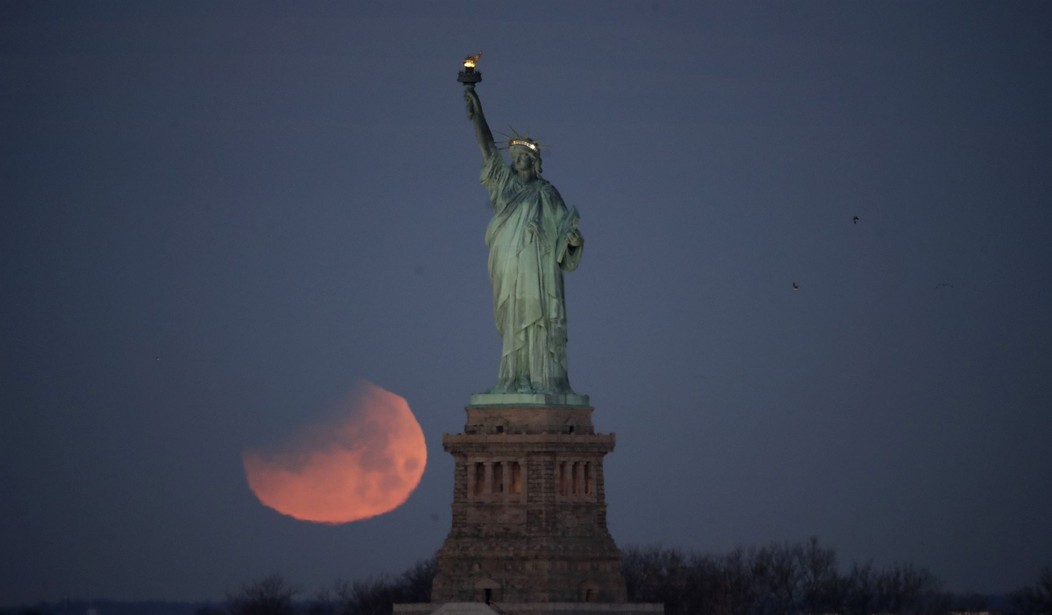
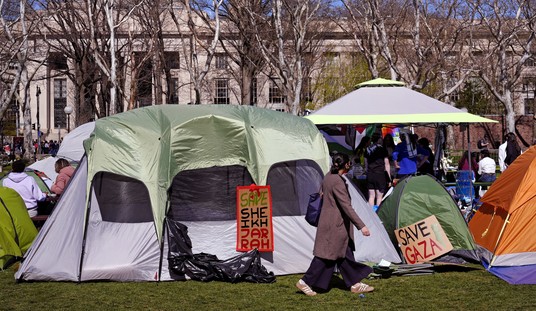

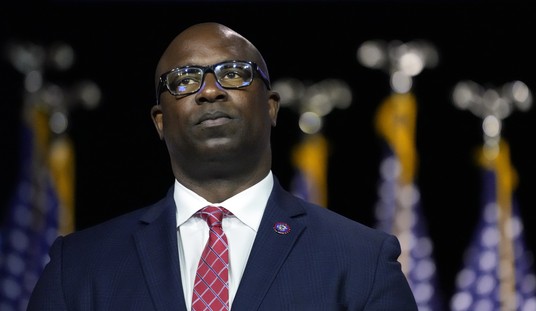
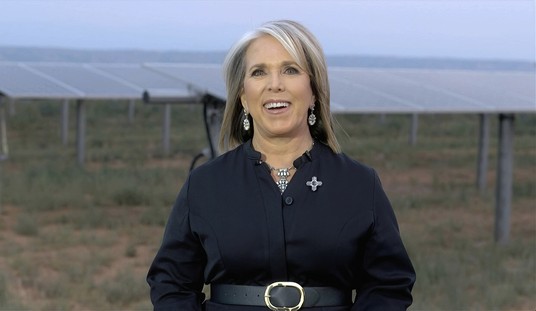





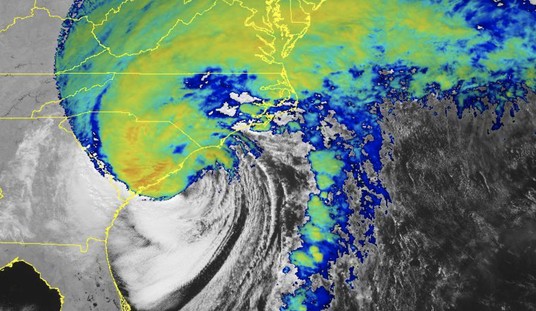

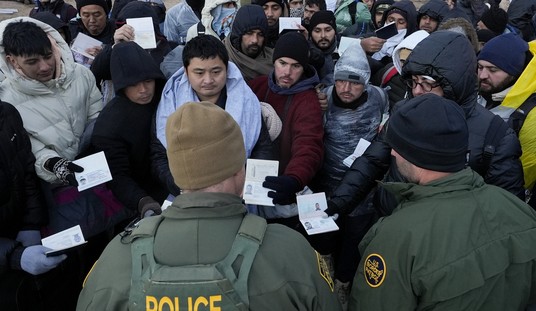

Join the conversation as a VIP Member